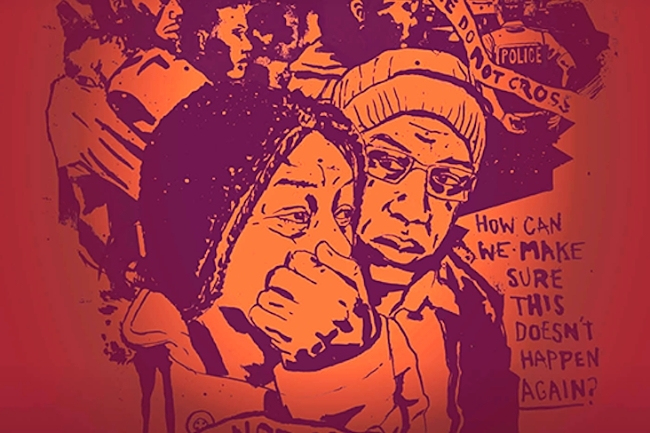Posts com a Tag ‘KRAMM Robert (Org d)’
Radical History em contextos globais | Esboços | 2022
Detalhe de capa de Radical History Review (May 2020, 137)
A lthough radical history has been considered at times as mere political activism, the field is recently growing and empowering academically in multiple directions, including global history. One of radical history’s main demands is to recognize silenced historical practice and experience, as well as alignment with libertarian movements, organizations, and social groups. And while radical history usually focuses on marginalized peoples, ideas, and actions, it also demands clear political positionality from authors and audiences. In doing so, radical history is unsettling yet engaging, and its particular strength is offering a conflagrant critique of what German radical leftists have called the “herrschende Verhältnisse” (ruling conditions)—past and present.
Radical history perspectives, we argue, emerged most prominently from post-1960s British labor history, European history workshops, the American civil rights movement, radical feminism, and avant la lettre postcolonial criticism with a demand for undogmatic Marxist and other leftist historic analysis of capitalism, inequality, and injustice—in most cases as history from below. During the 1990s and 2000s, radical history perspectives increasingly integrated analyses of racism and sexism into the earlier, predominating analyses of class and class struggles. On the one hand, this broadened radical history’s scope, for instance by including cultural history and postcolonial perspectives. On the other hand, this opening demonstrates that radical history scholarship itself was not unaffected by global political and economic changes (end of the Cold War; late capitalism, etc.) that also brought about differing intellectual demands (DIRLIK, 1994; KWON, 2010). Nevertheless, radical history is a strong umbrella term for a very heterogeneous field of critical scholarship that pushes our understanding of key analytical categories, including gender, sexuality, race, class, disability, ethnicity, and class, and that also allows for intersectional and global approaches to explore discrimination, oppression, and exploitation. The main focus remains on radical politics and movements, and their histories and struggles, as publications that set the tone of the field, do not hide.1 Leia Mais


